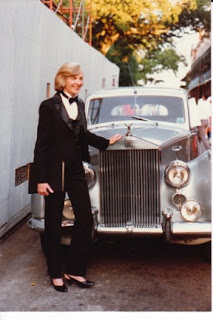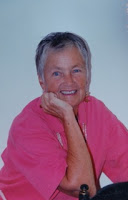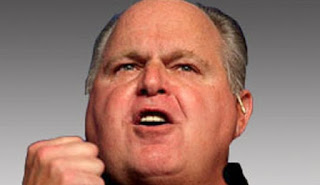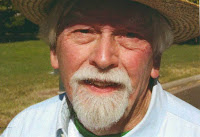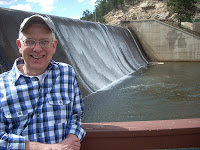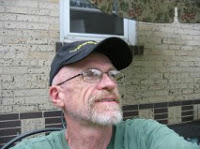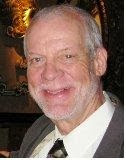Watkins. Her parents were the choir
director and organist at our First Methodist Church. I’m not sure what it was about her, but my
love lasted for three years. I did not
really understand it, and I never did anything about it, like hold her hand or
kiss her or tell her how I felt. But I
thought about her all the time and was with her every time I got the chance and
sang in all the choirs at church just to be close to her and maybe touch her accidentally
on purpose.
Bromley, better known as “Bert.” Bert
became my best friend. She was
beautiful, and she could play the piano and sing like an angel. Once again, I never told her how I felt. I simply followed her around like a puppy and
did anything I could to be in the same room with her or sit by her at an
assembly. She loved boys and we double
dated several times. I remember pining
away at night at home wanting to touch her and kiss her and hold her. Alas, it was not to happen. But I had the distinct knowledge that if one
girl could marry another girl, I would marry Bert in a minute. I never DREAMED of a future Supreme Court
decision. In fact, Bert and I went off
to separate colleges. She married her
boyfriend within a couple of years, had a couple of children, and died of
cancer all within a relatively short period of time. I did not even go to her funeral.
did not dare let anyone know. I felt as
though I could not share my feelings with anyone, especially since I was
majoring in Sacred Music and wanted to work in a church as a Minister of
Music. By this time I had heard the
words homosexual and queer, but I was still in denial about my own orientation
and continued dating boys without much fun or interest.
living in an apartment with three other students, and one of my sorority
sisters spent the night with me at our apartment when my roommate was out of
town. Her name was JoNell Bryant, and we
called her “Jo.” That night, when
everyone was in bed getting ready to go to sleep, Jo came over to my single bed
and got in it with me. Ten years after
my first desire, when I was 22, Jo kissed me and I kissed her back.
was absolutely everything I had hoped and dreamed of for ten years. We were together all night in that little
bed, and we had to hide it from everyone the next morning and pretend that it
didn’t happen. We parted that day and
went to our separate classes and I was scared to death of these feelings,
thinking that I should be horrified of my actions, but I walked on air all day
and all I wanted was more. It was
unbelievable to me.
outside of Dallas, and for that whole school year, I would often go out to her
house and spend the night with her as often as possible, maybe once a
week. We would sleep in the same bed in
her room and we kept all of our feelings of love and attraction from her
parents and everyone else.
Mexico with three other friends. In the
middle of the trip, I received word from Jo that she was leaving in two days to
go to Hawaii and marry a man that she had been engaged to who was stationed
there in the Navy. So I left my other
friends behind in Mexico City and flew back to Dallas and had one more night
with Jo before she left for Hawaii.
Louisiana and playing a record over and over again and crying a lot. Jo and I exchanged love letters, and her
mother found my letters and decreed that she could never write to me or see me
again.
job, and after I got the job I started seeing a therapist to try to be cured of
my homosexuality. He was wonderful and
helped me to accept myself for who I am.
I went through a terrible time when I lost that job after four years
because of my homosexuality, but I got through it, and as they say, “The rest
is history.”
the Author
1939, went to Southern Methodist University in Dallas from 1957 through 1963,
with majors in sacred music and choral conducting, was a minister of music for
a large Methodist church in Houston for four years, and was fired for being gay
in 1967. After five years of searching,
I settled in Denver and spent 30 years here as a freelance court reporter. From 1980 forward I have been involved with
PFLAG Denver, and started and conducted four GLBT choruses: the PFLAG Festival Chorus, the Denver Women’s
Chorus, the Celebration ’90 Festival Chorus for the Gay Games in Vancouver, and
Harmony. I am enjoying my 11-year
retirement with my life partner of 32 years, Judith Nelson, riding our bikes, going
to concerts, and writing stories for the great SAGE group.
